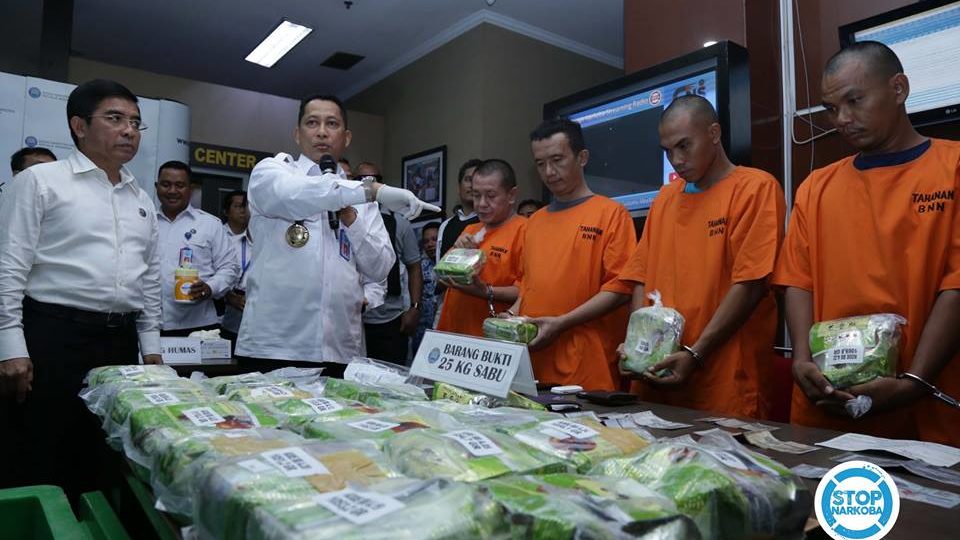Back in September 2015, when he was inaugurated as the head of Indonesia’s National Narcotics Agency (BNN), Budi Waseso said that rehabilitation was the wrong solution to the country’s drug problems and a drain on resources. Later in his tenure as BNN chief, Budi made international headlines for his plans (which never materialized) to build a remote island prison for drug dealers that would be guarded by crocodiles.
What a difference a few years on the job, and imminent retirement, can make.
The nation’s top drug cop recently announced that he would be retiring from his post in March and he had his final meeting with the House of Representatives (DPR) Commission III yesterday for a performance review of his time as the head of BNN.
While at the DPR, Budi made a surprisingly common sense recommendation about the country’s drug policy that most would find at odd with his otherwise hardline stance. Beginning with an acknowledgement that the country’s prison system is massively overcrowded, he went on to say that the nation’s narcotics laws need to be changed so that regular drug users are no longer sent to prison.
“The punishment for users only should be just 3 months community service. They would have to report to the police and do social work like cleaning up public markets or terminals,” Budi said yesterday as quoted by Detik.
But if you were concerned that Budi was going soft before retirement you need not fret. He reiterated his support for the death penalty for drug dealers, saying the government shouldn’t take so long to execute them after sentencing.
While the use of the death penalty in Indonesia has been under an unofficial moratorium for some time, the country did see a sharp increase in the number of drug dealers shot by police last year, allegedly for resisting arrest, following speeches from both Budi and President Joko Widodo saying they should not hesitate to do so.
Despite all that, Budi’s the suggestion that the government replace mandatory drug sentencing with community service is one that makes sense of many levels. As Budi mentioned the Indonesian prison system is notoriously overcrowded, with ratios of a single security guard being responsible for overseeing hundreds or even thousands of inmates at some facilities. This is not only inhumane, it also allows for corruption within the penal system to go almost unchecked, with numerous reports of drug dealers operating from inside jails (often with the assistance of prison officials).
But it is likely that the outgoing BNN chief was able to make that suggestion with the knowledge that he is soon going to be retired and it won’t be his problem to deal with. Indonesians overwhelmingly support harsh penalties for drug crimes and no matter how much sense it makes to give users community service instead of prison sentences, politically it may be a no go.




